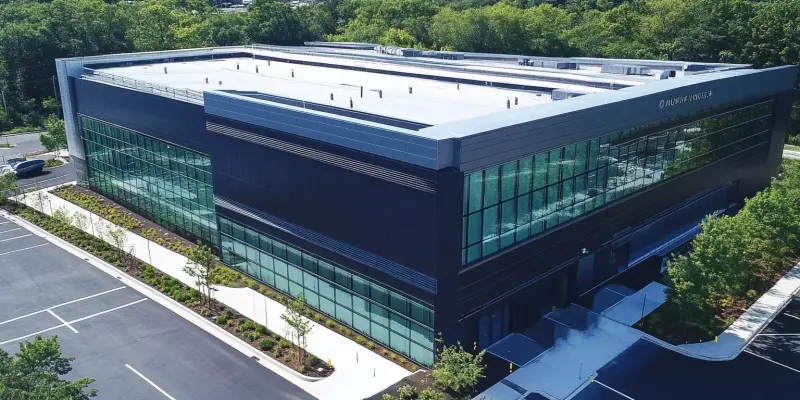A new data center planned on a 114-acre site beside Coosa High School in Floyd County, Rome, Georgia, is signaling the county’s potential rise as a significant player in the state’s digital infrastructure landscape. The Floyd County Board of Education recently approved the sale of this prime piece of land through the county development authority. This marks the second data center project initiative in the area, with the strong likelihood of more to come in the future. Although specific details regarding the project remain undisclosed and the involved company unnamed, the buyer is identified as the living trust of William Darryl Edwards, represented by developers Darryl Edwards, Darren Hardin, and Jonathan Ward.
This latest development comes on the heels of Microsoft’s significant investment in the county, having acquired 347 acres near Huffaker Road for a whopping $1 billion data center project. This initiative places a considerable amount of property and school taxes into the local economy. Rome, located in the northeast part of Georgia, lies close to Alabama and approximately 70 miles away from Atlanta, the state’s primary data center hub. In Atlanta, numerous tech giants, including Digital Realty, CoreSite, Switch, Google, Microsoft, Flexential, and H5, are actively developing large-scale data centers, especially in areas like Lithia Springs and Douglasville.
Additionally, QTS is constructing a massive 1.4GW data center campus in Fayetteville, underscoring the escalating trend of significant investments in data center infrastructure across Georgia. Microsoft’s announcement in 2021 to establish a cloud region identified as East US 3 in Georgia further exemplifies this trend. These ongoing developments highlight a robust pattern of technology companies expanding their data center footprints throughout the state, suggesting that Floyd County could very well be on its way to becoming the next data center hub in Georgia.

